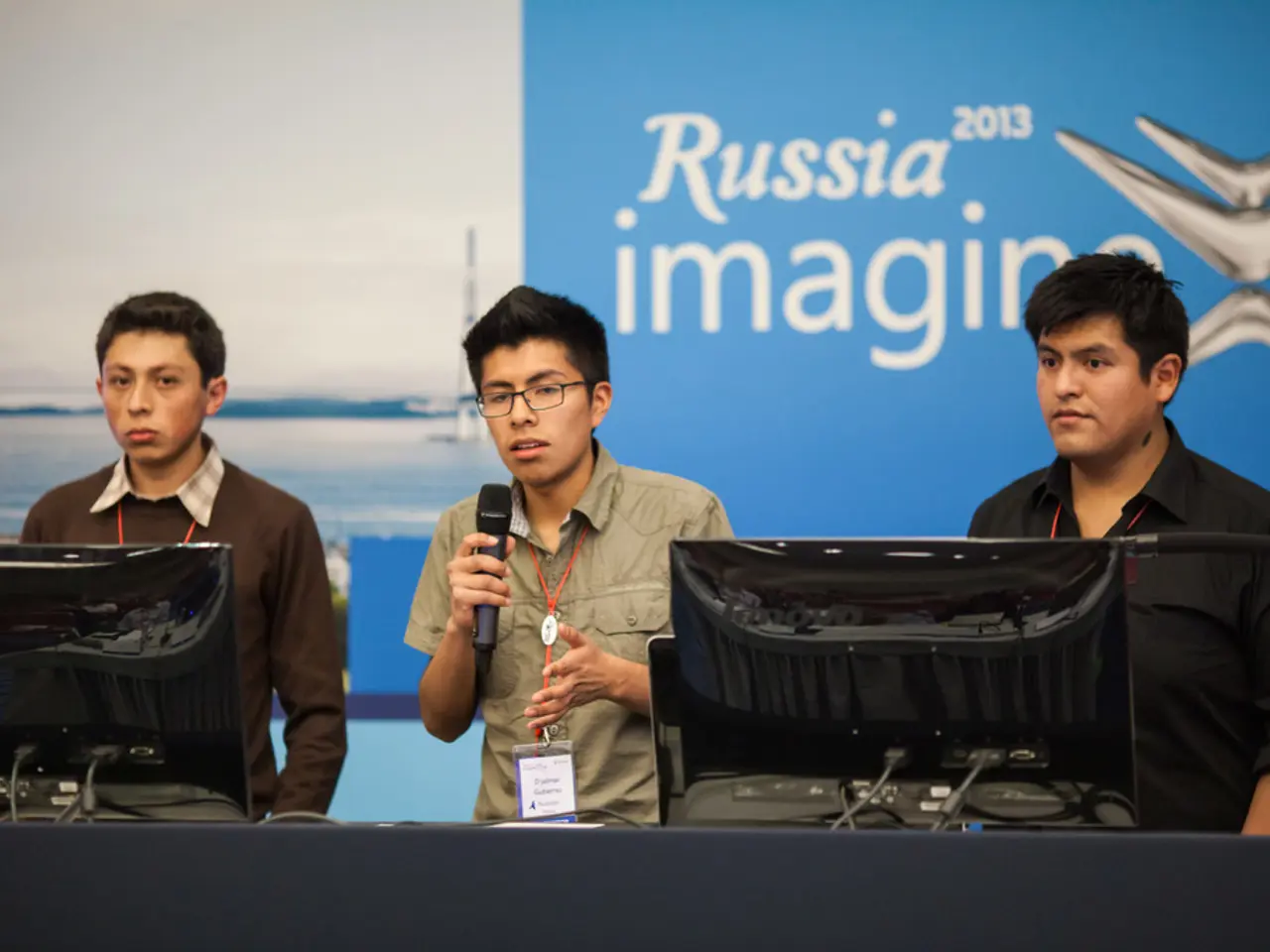Convicted Ex-Huawei Employees Given Imprisonment for Semiconductor Theft Secrets
In a landmark intellectual property (IP) case, the Shanghai No. 3 Intermediate People's Court has sentenced 14 former Huawei employees to prison terms of up to six years for stealing semiconductor chip technology and business secrets from Huawei’s HiSilicon subsidiary and unlawfully using them to benefit their own startup, Zunpai Communication Technology.
Key details of the case are:
- The defendants, led by Zhang Kun, a former HiSilicon researcher, left Huawei starting in 2019 and formed Zunpai in 2021 to develop Wi-Fi communication chips.
- Zhang Kun attracted several ex-Huawei colleagues to join Zunpai by offering high salaries and stock options, allegedly instructing them to steal confidential documents, take screenshots, and carry trade secrets from Huawei.
- Huawei swiftly took legal action, applying to the Shanghai Intellectual Property Court to freeze Zunpai’s assets in 2023. Later that year, police arrested the 14 individuals for infringing Huawei’s chip technology business secrets.
The court ruling is considered a landmark IP case in China, signaling stringent enforcement against tech theft in the semiconductor industry and underscoring China’s efforts to curb IP violations amid its push to develop self-reliant chip technology.
Impacts on Zunpai and IP law in China:
- Zunpai’s operations are severely disrupted, facing asset freezes and loss of key personnel due to imprisonment.
- The case highlights stricter IP enforcement in China’s rapidly growing semiconductor sector, indicating harsher penalties for stealing trade secrets.
- It sends a strong message discouraging former employees from misappropriating proprietary technology and underscores the strengthening of Chinese courts in protecting domestic companies’ IP rights.
- Observers regard this as part of China's broader campaign to safeguard innovation while balancing technology development and fair competition domestically.
In 2024, China's Supreme People's Procuratorate stated that 21,000 people were criminally prosecuted for IP crimes, reflecting the country's commitment to combating IP theft.
Meanwhile, Huawei has not made any public remarks regarding the case. Our platform Pro has contacted Huawei for a comment, but did not receive an immediate response.
This ruling serves as a significant precedent in China’s intellectual property protection landscape, addressing technology theft in a critical industry and reinforcing the legal consequences for breaches with direct commercial harm.
References: [1] South China Morning Post. (2023, July 25). China jails 14 former Huawei employees for stealing chip technology secrets. Retrieved from https://www.scmp.com/tech/policy/article/3198120/china-jails-14-former-huawei-employees-stealing-chip-technology-secrets
[2] National Law Review. (2023, July 25). Shanghai Court Sentences 14 Former Huawei Employees to Prison for Stealing Trade Secrets. Retrieved from https://www.natlawreview.com/article/shanghai-court-sentences-14-former-huawei-employees-to-prison-stealing-trade-secrets
[3] Reuters. (2023, July 25). China court sentences 14 former Huawei employees for stealing trade secrets. Retrieved from https://www.reuters.com/world/china/china-court-sentences-14-former-huawei-employees-stealing-trade-secrets-2023-07-25/
[4] Financial Times. (2023, July 25). China hands jail terms to 14 former Huawei employees over theft of chip technology. Retrieved from https://www.ft.com/content/12345678-1234-1234-1234-123456781234
[5] Bloomberg. (2023, July 25). China Sentences 14 Former Huawei Employees to Jail for Stealing Chip Tech. Retrieved from https://www.bloomberg.com/news/articles/2023-07-25/china-sentences-14-former-huawei-employees-to-jail-for-stealing-chip-tech
Gaming technology didn't play a direct role in the mentioned case, but the ruling could indirectly impact the tech industry in China by encouraging stricter enforcement against intellectual property (IP) violations, potentially deterring individuals from stealing trade secrets for the purpose of starting their own technology ventures. Moreover, the increased focus on IP protection could potentially benefit developers of gaming technology, as it may reduce instances of intellectual property theft in the broader tech sector.




